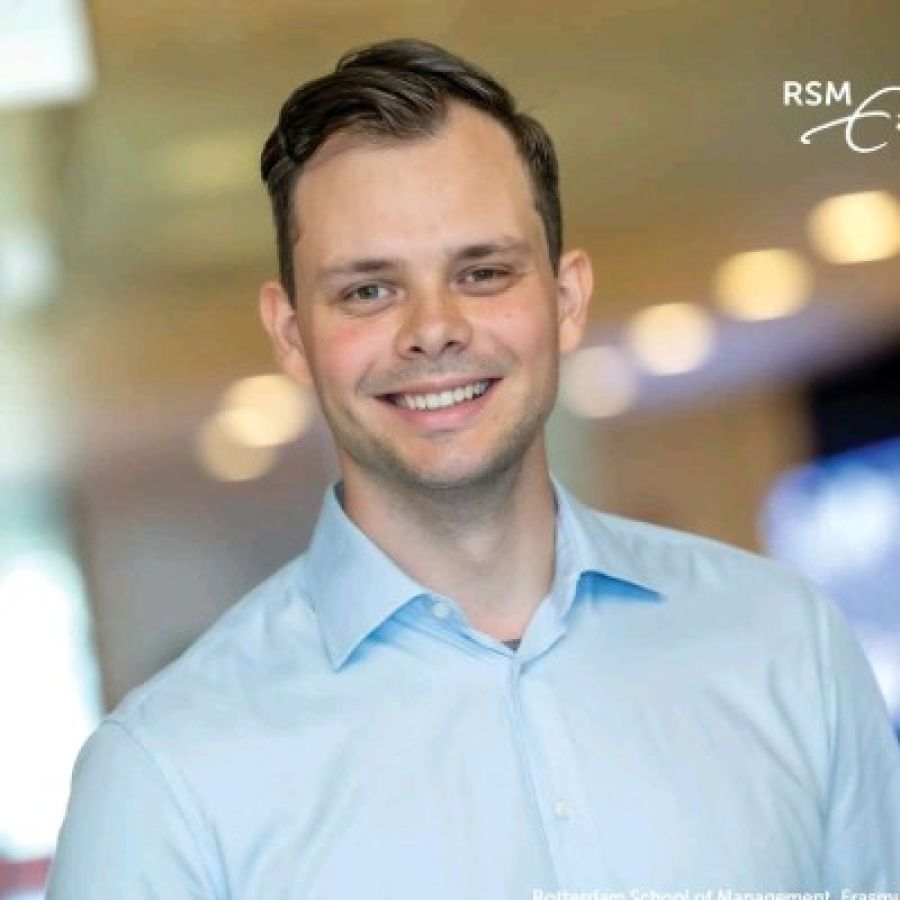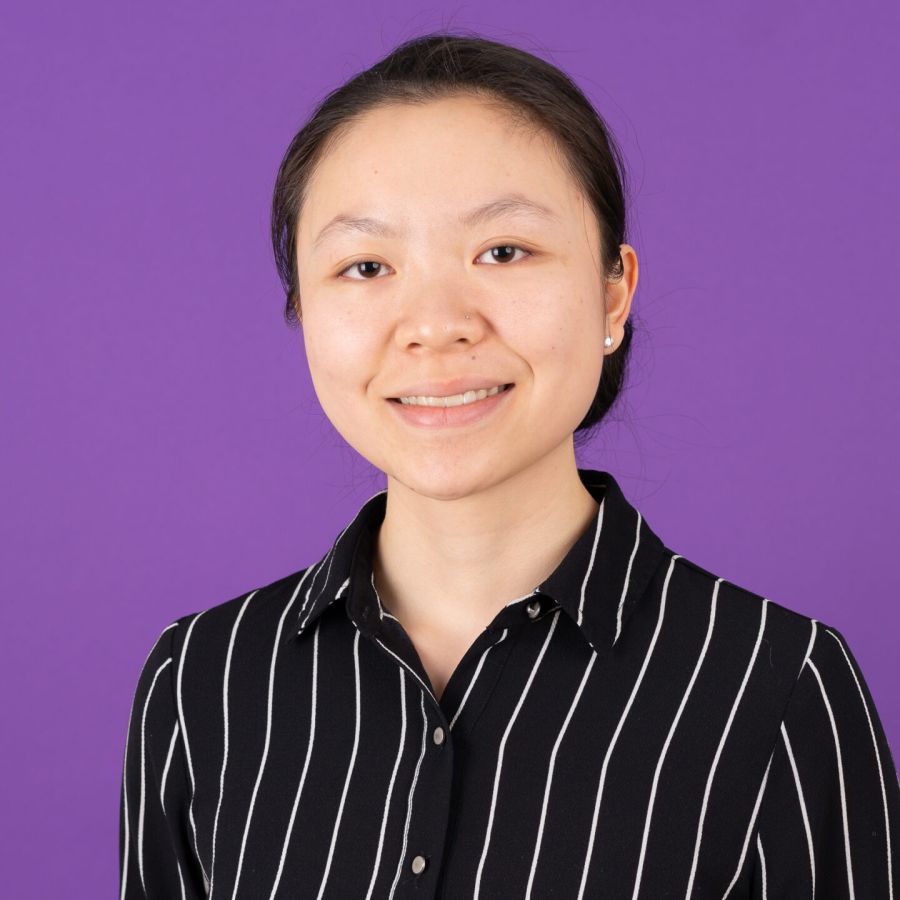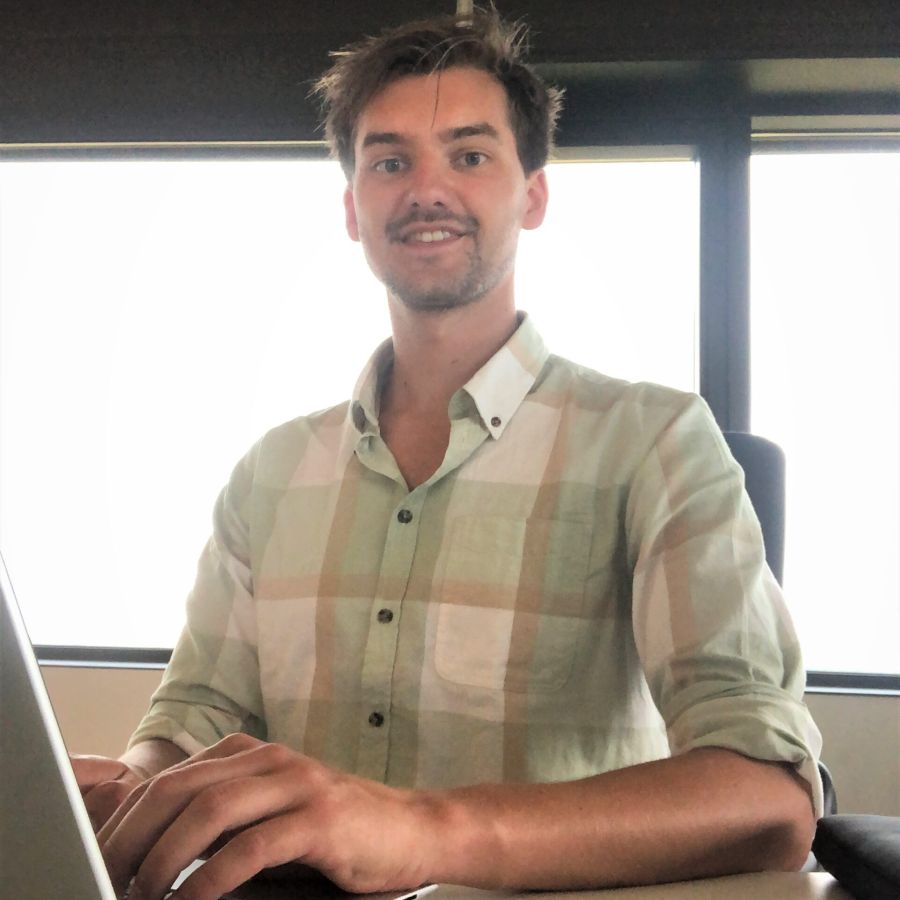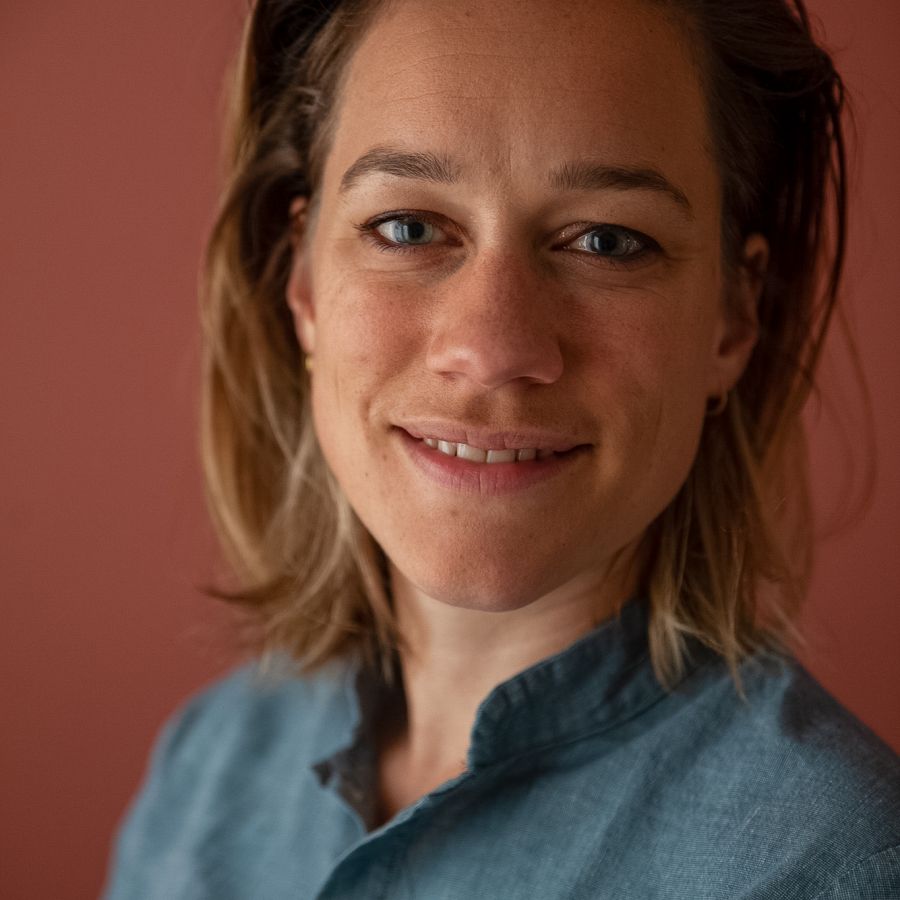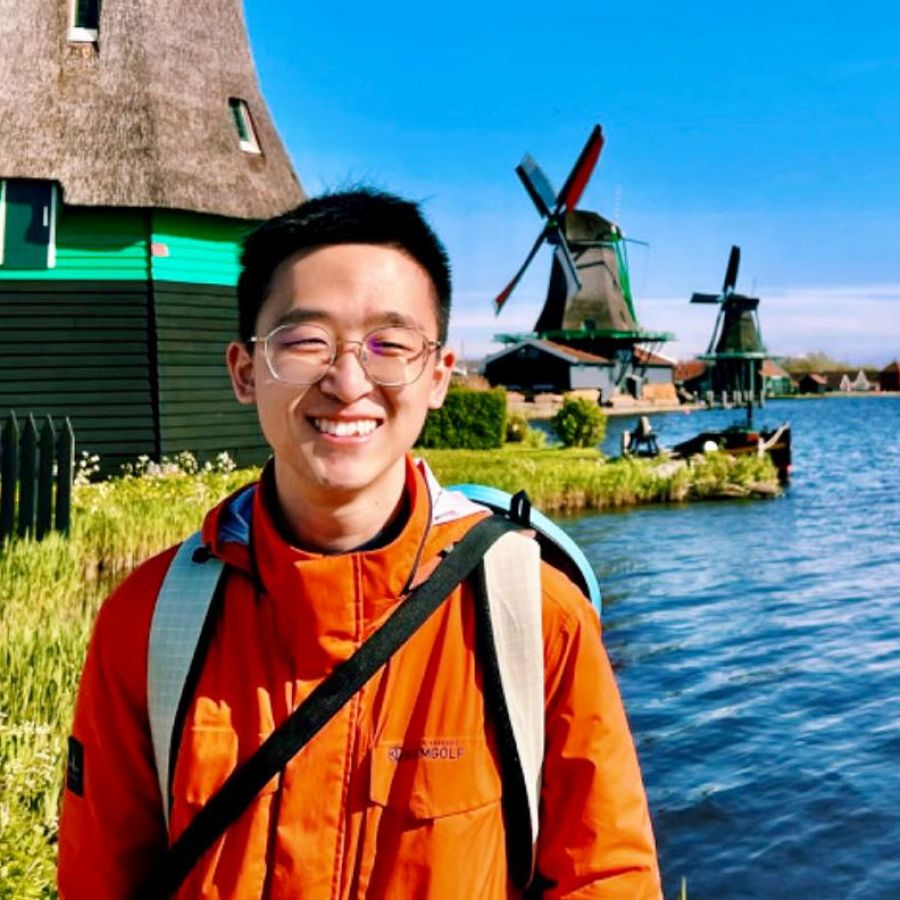Janny
Boekhout
Medtronic
Who is Janny?
Janny cares deeply about sustainability, inspired by her love for nature and her two kids. Whether she’s leading eco-friendly projects at work, walking her dogs, or exploring new ideas in sustainable innovations, Janny believes that even small actions can make a big difference. Her goal is to leave behind a strong and hopeful planet for future generations.
What does she do at Medtronic?
Janny is passionate about making medical device products and packaging in Europe more sustainable, using creative ways to prolong their lifecycles. With a strong focus on reducing environmental impact, she explores initiatives that promote circular economic principles, including recycling, reusability, and waste and water use reduction. Janny also supports her company’s ambitious goals of achieving operational net carbon neutrality by 2030 and net zero emissions by 2045. She believes collaboration is key and she works closely with waste-to-product companies, hospitals and other healthcare stakeholders to drive these changes. By championing these efforts, Janny hopes to set new standards in sustainability and create a more sustainable future for the generations to come.
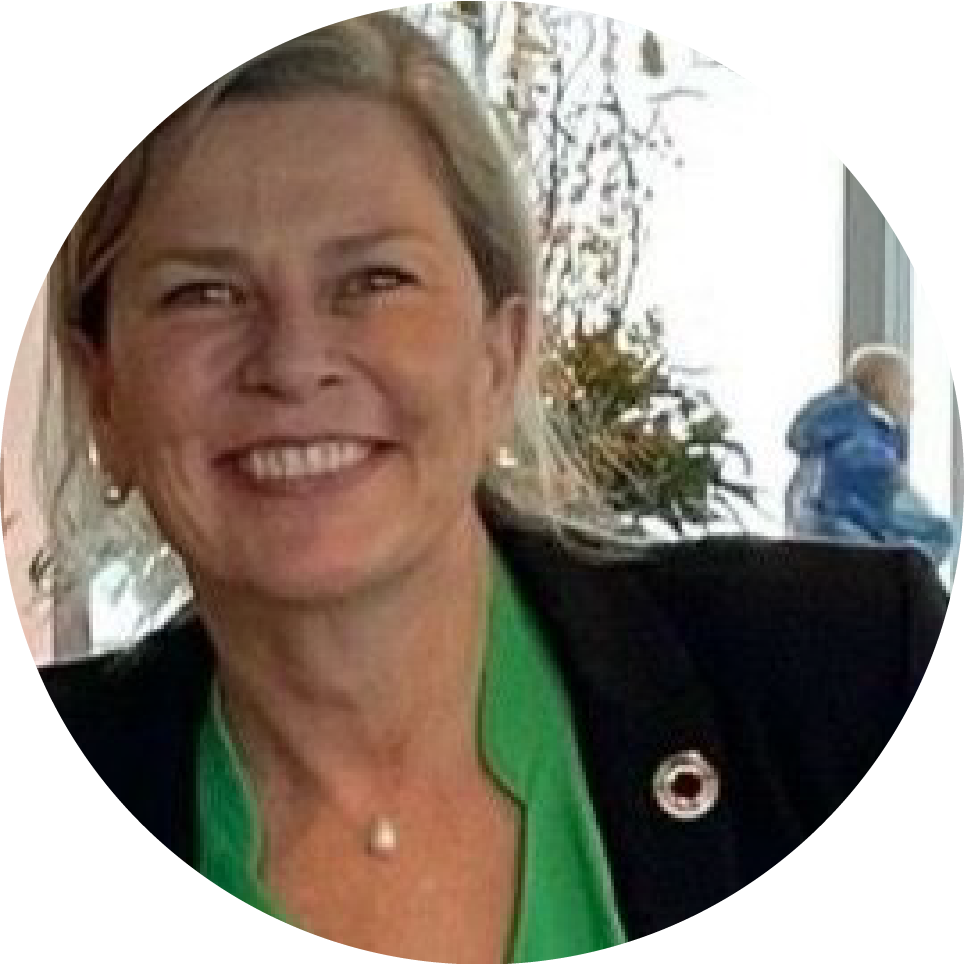
What is her role within ESCH-R?
Janny is currently linked to Work Packages 4 and 5 of the ESCH-R project, which means that she is focusing on improving circularity around TAVI product and packaging. TAVI (Transcatheter Aortic Valve Implantation) is a minimally invasive procedure to replace a diseased aortic valve, often in high-risk patients with severe aortic stenosis. A replacement valve is delivered to the heart via a catheter, usually via an artery in the leg, and placed within the existing, damaged valve to improve blood flow and reduce symptoms like breathlessness and fatigue.
What are we researching?
- How can we make the TAVI delivery system more circular?
- How can we adapt the system to produce less packaging waste?
- We are exploring catheter design options to minimize waste and promote maximum recyclability.
What does Janny expect to accomplish within ESCH-R?
Societal impact
- Reducing healthcare’s environmental impact: We focus on circular solutions to significantly lower CO2 emissions, reduce material use, and minimize waste, helping hospitals and the planet become more sustainable. Or like Harald Tepper (Philips) mentioned during his ESCH-R podcast: use less, longer and again. Maybe we should adapt his tantra as a new tantra for ESCH-R!
- Promoting change in behavior: Encouraging healthcare professionals to adopt circular practices helps build sustainable habits and a culture of environmental responsibility in hospitals and beyond.
- Building knowledge: Creating training programs and materials ensures future healthcare professionals can continue and grow circular practices, making sustainability a lasting part of healthcare.
- Supporting Green Deal goals: Striving for 100% circularity and climate neutrality by 2050 makes the project a leading initiative in sustainable healthcare, aligning with Green Deal Duurzame Zorg 3.0.
Scientific impact
- Proven circular strategies: Using a broad, collaborative approach, the project will provide strong scientific evidence to guide circular solutions for key medical consumables in clinical departments.
- Innovating medical consumables: Working with the industry to redesign products and packaging using the 10-Rs circularity framework, will drive sustainable healthcare forward.
- Removing barriers and creating solutions: Finding and addressing challenges while developing and testing new interventions, will lead to scalable and repeatable circular healthcare solutions.
Long-term goal: By 2034, I would like the project to be the basis for a blueprint for circular healthcare, shaping policies, practices, and research worldwide.
By bringing together hospitals, healthcare professionals, patients and suppliers, the ESCH-R project is driving a groundbreaking shift in healthcare. This work will not only change individual hospitals but also set an example for sustainable healthcare globally.
